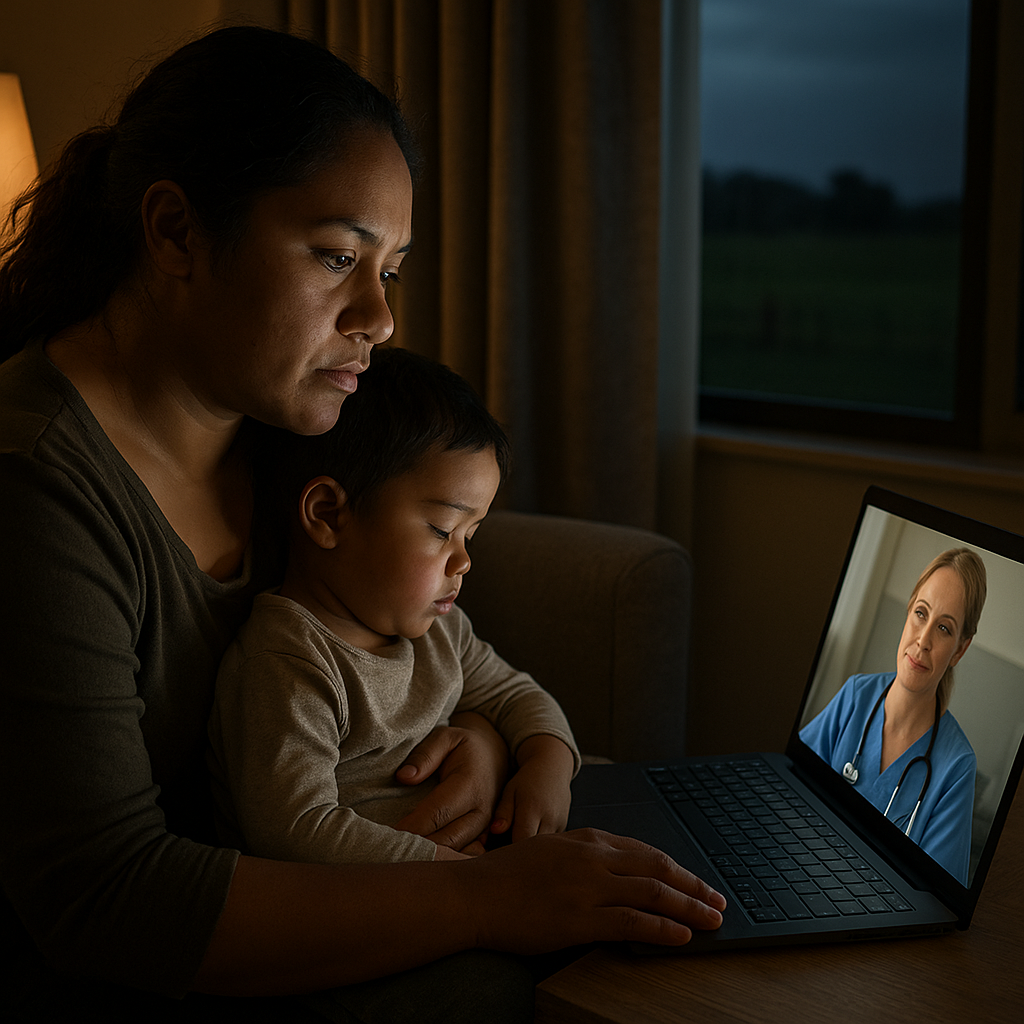Botswana, Namibia, Zimbabwe Launch EBS Guidelines to Boost Health Security
Unlike IBS, which can suffer from time lags, EBS enables near real-time detection of unusual health events, allowing public health authorities to assess risks faster and take action before threats escalate into outbreaks.

- Country:
- Ethiopia
In a major step toward strengthening public health emergency preparedness, Botswana, Namibia, and Zimbabwe have officially launched Event-Based Surveillance (EBS) Guidelines—a key tool for the early detection and rapid response to emerging health threats. The guidelines were developed with support from the Africa Centres for Disease Control and Prevention (Africa CDC), in collaboration with the World Health Organization (WHO) and the United States Centers for Disease Control and Prevention (US CDC).
The move underscores a growing regional commitment to proactive health security, especially as countries across Southern Africa face rising threats from infectious diseases, climate-induced health crises, and cross-border health challenges.
What Is Event-Based Surveillance?
Event-Based Surveillance (EBS) is a modern public health tool designed to collect and analyze unstructured information from a variety of sources—ranging from community observations and healthcare worker alerts to media reports and digital platforms. This approach complements traditional Indicator-Based Surveillance (IBS), which relies on formal data reporting from healthcare systems.
Unlike IBS, which can suffer from time lags, EBS enables near real-time detection of unusual health events, allowing public health authorities to assess risks faster and take action before threats escalate into outbreaks.
Botswana: A Science-Based Early Warning Shift
Botswana’s EBS Guidelines were launched on 24 June 2025 in Gaborone. Speaking on behalf of Health Minister Dr. Stephen Modise, Dr. Rex Kealebile Segadimo, Acting Secretary for Specialised Health Care, emphasized the role of early warning systems in protecting national health.
“This will enable the country to assess risks with precision and respond in a science-based manner, preventing threats from escalating into full-blown crises,” said Dr. Segadimo.
Dr. Modise, in a written statement, underscored that institutionalizing EBS would empower the health sector to “stay ahead of emerging risks” and safeguard the well-being of Botswana’s citizens.
Dr. Lul Riek, Africa CDC’s Southern Africa Regional Director, reaffirmed his commitment to helping Botswana and other African Union (AU) Member States operationalize the new surveillance systems through capacity building, digital innovation, cross-border coordination, and peer learning.
Namibia: Responding to Climate-Driven Disease Trends
Namibia also launched its EBS Guidelines on 24 June 2025, with Minister of Health and Social Services Dr. Esperance Luvindao officiating the ceremony in Windhoek. She highlighted the country’s rising vulnerability to communicable diseases such as cholera and malaria, driven in part by climate variability and changing disease patterns.
“Real-time detection of public health threats is essential to mitigate the impact of outbreaks,” said Dr. Luvindao.
She described the new guidelines as both a policy breakthrough and a practical response mechanism, signaling Namibia’s determination to be proactive, not reactive, in public health.
The Minister also advocated for the development of National Public Health Institutes (NPHIs) to coordinate the country’s preparedness and mitigation strategies, ensuring a well-integrated health security infrastructure.
Zimbabwe: From Policy to Proactive Action
In Harare, Zimbabwe’s Ministry of Health and Child Care (MoHCC) launched its EBS Guidelines on 18 June 2025. Secretary for Health and Child Care, Dr. Aspect Maunganidze, called the occasion a national milestone.
“We are not gathered here merely to unveil a policy document. We are here to affirm a national commitment—to declare that the health and safety of every Zimbabwean is our highest priority.”
He emphasized that the guidelines represent a strategic transition from reactive to proactive health preparedness, placing surveillance at the heart of Zimbabwe’s health response capabilities.
Ms. Batsirai Mbodza, Africa CDC’s Regional Programme Lead, stressed the importance of implementation beyond documentation.
“Guidelines alone will not stop outbreaks. The real impact lies in how well they are implemented—by health workers, surveillance officers, and community leaders,” she said.
Building Inclusive, Responsive Surveillance Systems
In line with this regional push for public health vigilance, UNICEF’s representative, Mr. Diop Daouda, called for inclusivity in surveillance design. He emphasized the need to extend EBS systems to remote villages, informal settlements, and border communities, ensuring that every potential signal is captured—regardless of location or social dynamics.
“Surveillance systems must consider gender dynamics, disability, and cultural norms. No signal should go unnoticed, because no life is dispensable,” Daouda stated.
A Coordinated Regional Vision for Health Security
Africa CDC, through its regional offices, has been pivotal in mobilizing technical support, fostering country ownership, and encouraging the adoption of interoperable surveillance frameworks. With Botswana, Namibia, and Zimbabwe now equipped with national EBS Guidelines, these countries are significantly better positioned to:
-
Detect emerging disease outbreaks early.
-
Respond swiftly and effectively.
-
Coordinate with neighboring states in a unified health security strategy.
The initiative also supports Africa CDC’s broader agenda to implement the New Public Health Order for Africa, which prioritizes resilient health systems, domestic investment in disease preparedness, and collaborative governance.
Looking Forward
While the development and launch of EBS guidelines are critical milestones, stakeholders agree that sustained implementation, continuous training, and community engagement are essential to ensure long-term impact.
By embedding early warning tools into national systems, and ensuring they are accessible at the local level, Southern Africa is taking important steps toward safeguarding its people against the unpredictable—and often devastating—effects of health emergencies.










